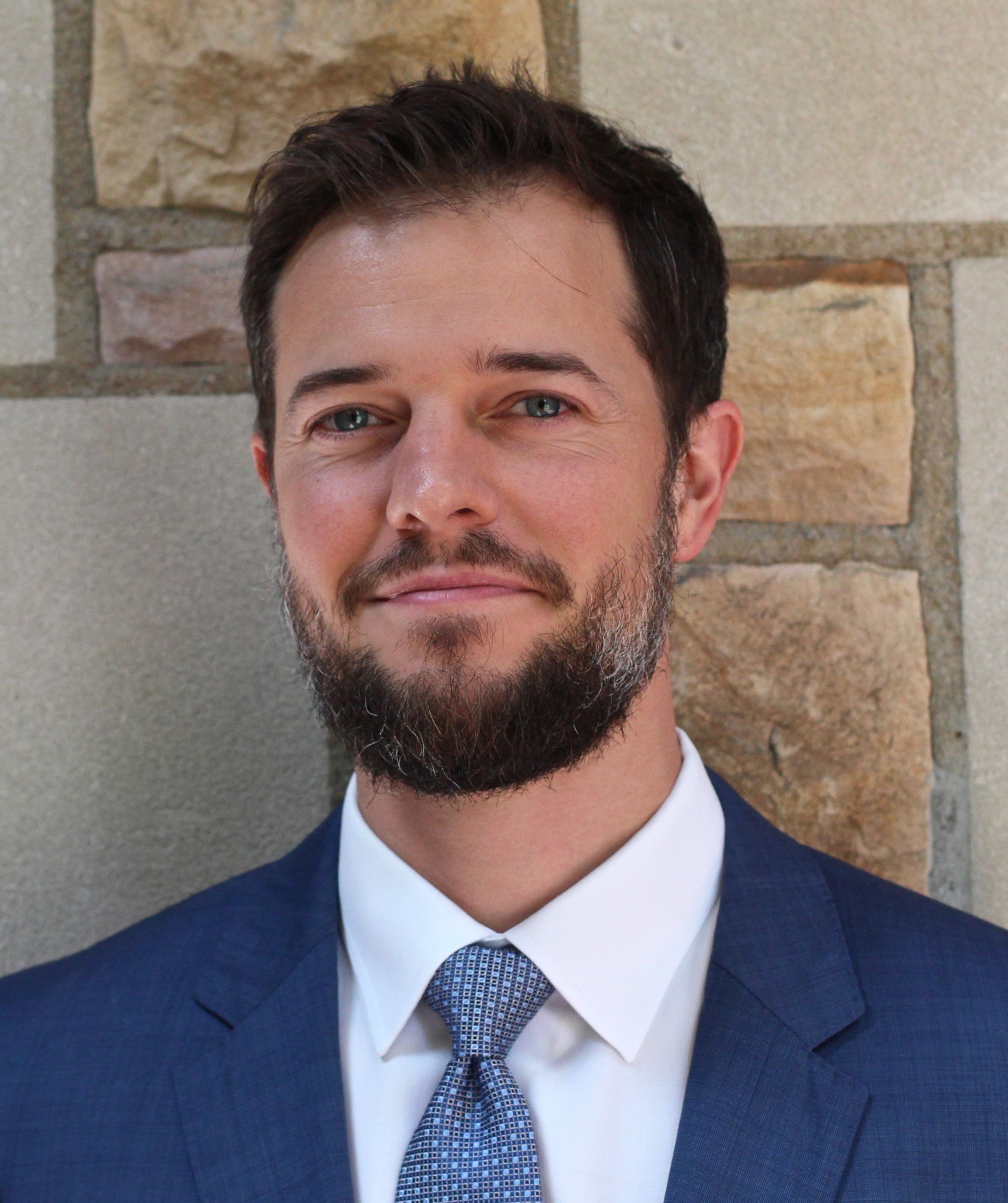
As we say goodbye to Steve and Anita and anxiously await the arrival of Rev. Kevin Long and his family on Sept. 12, we find ourselves in liminal space, a term used to describe a place and time of transition. The word "liminal" comes from the Latin limen meaning "threshold." It is where we are betwixt and between, having left one stage of life but not yet entered the next. Liminal space can feel surreal. Our former lives—the time before the loss of a job, a death, a divorce, an illness, or let's say…a pandemic—is no longer a reality, but the shape of our future is not yet clear. We're neither here nor there but stuck in the middle.
The term was first introduced by anthropologist Arnold Van Gennep in 1909 to describe the period of transition during a rite of passage that follows a three-part pattern: separation, liminality, and re-assimilation. It's easy to see how we as a church find ourselves in this immense collective liminal space. Yes, COVID-19 separated us physically from each other, but before that, we were already experiencing a kind of emotional and spiritual liminality. We were already wrestling with deeply held convictions about marriage and the future of our denomination before this pandemic. Add to that the upheaval of staffing losses and transitions, and you've got all the ingredients for the "miserable middle" of liminality.
But if we let it, the liminal space can be sacred space for transformation. Rites of passage theory also describes the liminal space as the "realm of pure possibility," the place where new ideas and ways of being may arise. The vulnerability and openness of liminal space cracks us open enough for something genuinely new to happen.
When you examine the Scriptural narrative, you can see how God uses these liminal spaces to teach God's people what they wouldn't learn otherwise. Yes, there are times when God's people are settled in a location: the Garden, in Egypt, in the Promised Land, etc. But more often than not, God's people are being moved between those locations. They're wandering in the wilderness. They're in exile. They're occupied by a foreign power while awaiting the messiah.
In Ephesians, Paul writes to a church in Ephesus who knows what it's like to live in these liminal times. In the midst of familiar interpersonal conflicts, he reminds them that they are "now in Christ Jesus"—no longer strangers to God and importantly no longer alienated from each other. Because of this new life in Christ, they are experiencing a radical transformation of their identity—as individuals and as a community.
For the next few Sundays during morning worship and at the Table evening service, we are going to walk with the lectionary through the letter of the Ephesians as it teaches the church how to be a community worthy of the Gospel. We're calling this series, "No Longer Strangers," as we explore the keys to living as a community of faith. I know it can be easy to sit this one out and wait for the "new normal" to arrive in the fall, but I hope you will join us in this liminal space as we discover the mystery and possibility God has in store.

